hallucinations

Shermer and Van Leeuwen discuss: his own personal religious journey (or lack thereof) • “believe,” “make-believe,” and “pretend play” • “taking God seriously” • 4 Principles of Factual Belief • Tanya Luhrmann’s How God Becomes Real: Kindling the Presence of Invisible Others • willing suspension of disbelief • group identity • sacred values • The Puzzle of Religious Rationality • that voice we all hear in our heads • “hearing the voice of God” • hallucinations and psychoses • sleep…
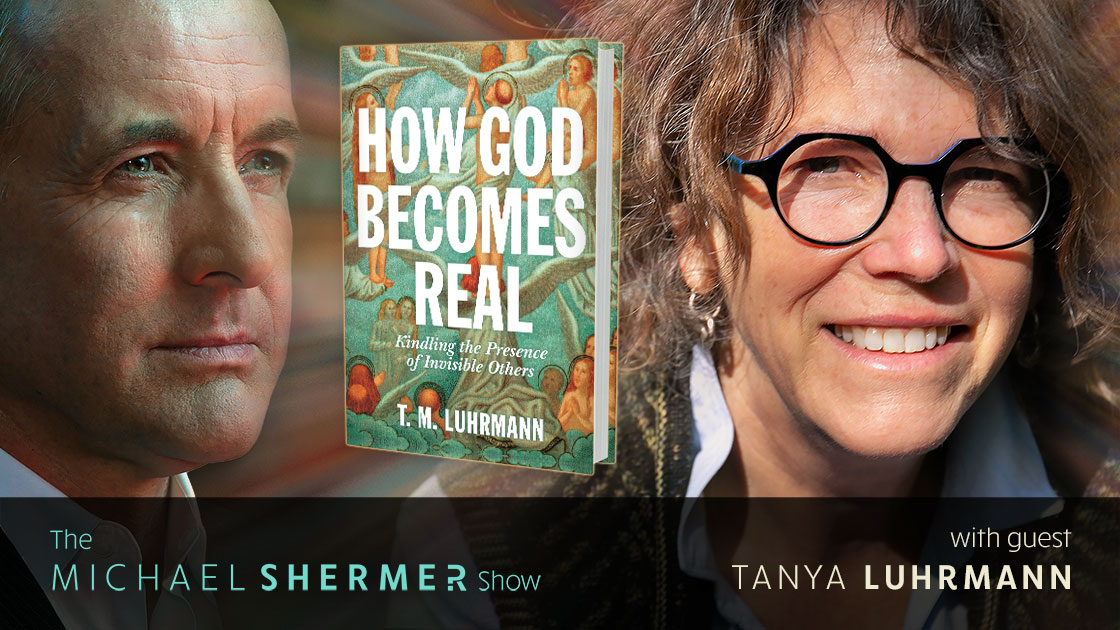
Shermer and Luhrmann discuss: the anthropology of religion • what it means when people say they “hear the voice of God” or are “walking with God” • normal “voices within” vs. hallucinations and psychoses • mystical experiences • anomalous psychological experiences • sleep paralysis and other cognitive anomalies • belief in angels and demons • absorption and religious beliefs • prayer vs. meditation vs. mindfulness • sensed presences • why people believe in God • empirical truths, religious truths, mythic truths…
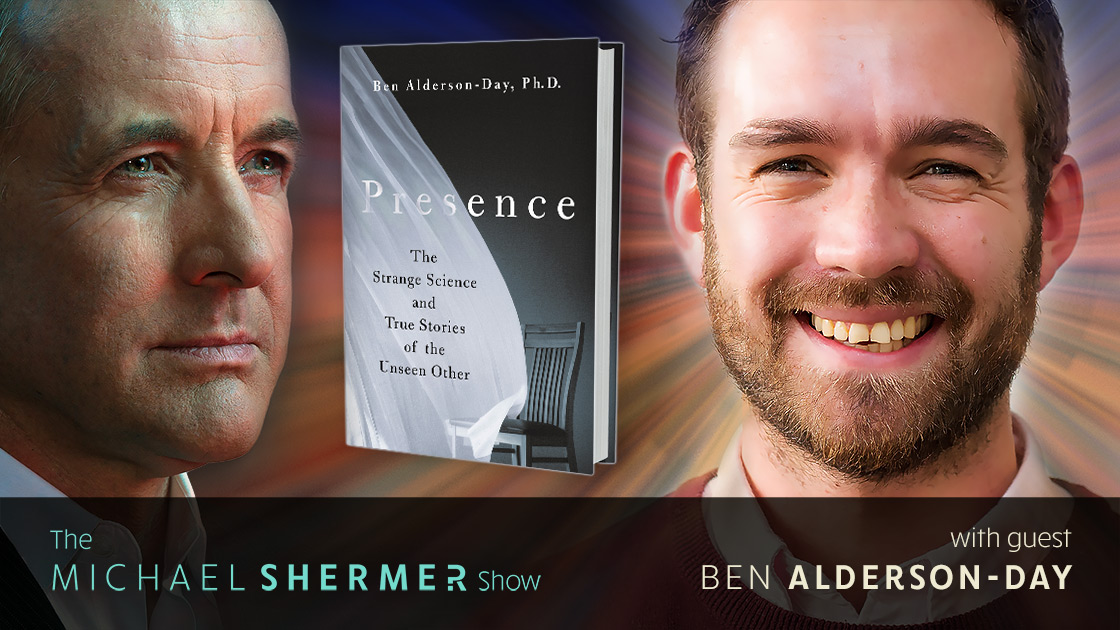
Shermer and Alderson-Day discuss the psychologist’s journey to understand the phenomenon of sensed-presence: the disturbing feeling that someone or something is there when we are alone. Using contemporary psychology, psychiatry, neuroscience, and philosophy, Alderson-Day attempts to understand how this experience is possible. Is it a hallucination, a change in the brain, or something else? The journey to understand takes us to meet explorers, mediums, and robots, and step through real, imagined, and virtual worlds.
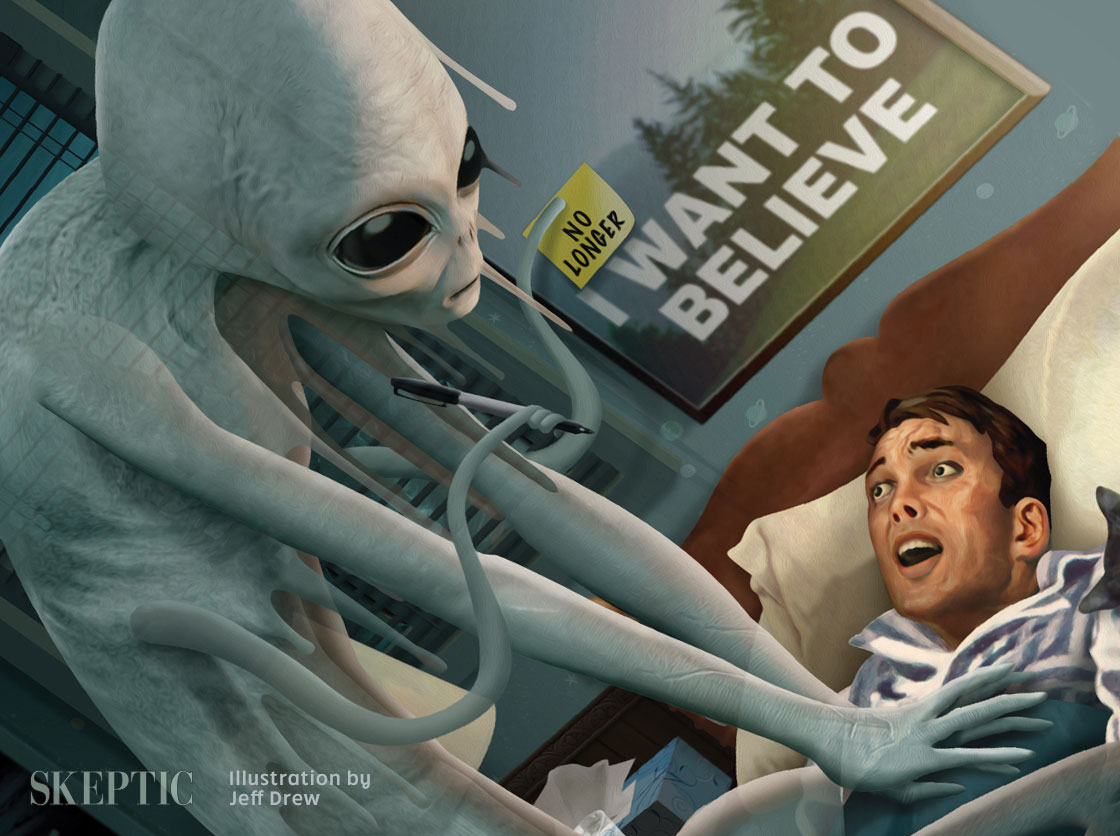
Alien abductions are among the most curious and interesting of all human psychological phenomena, and this article explores the different theories that explain from a scientific perspective what, exactly, is going on in someone’s brain when they feel like they’ve been abducted by aliens (assuming, of course, that they’re not actually being abducted by aliens).
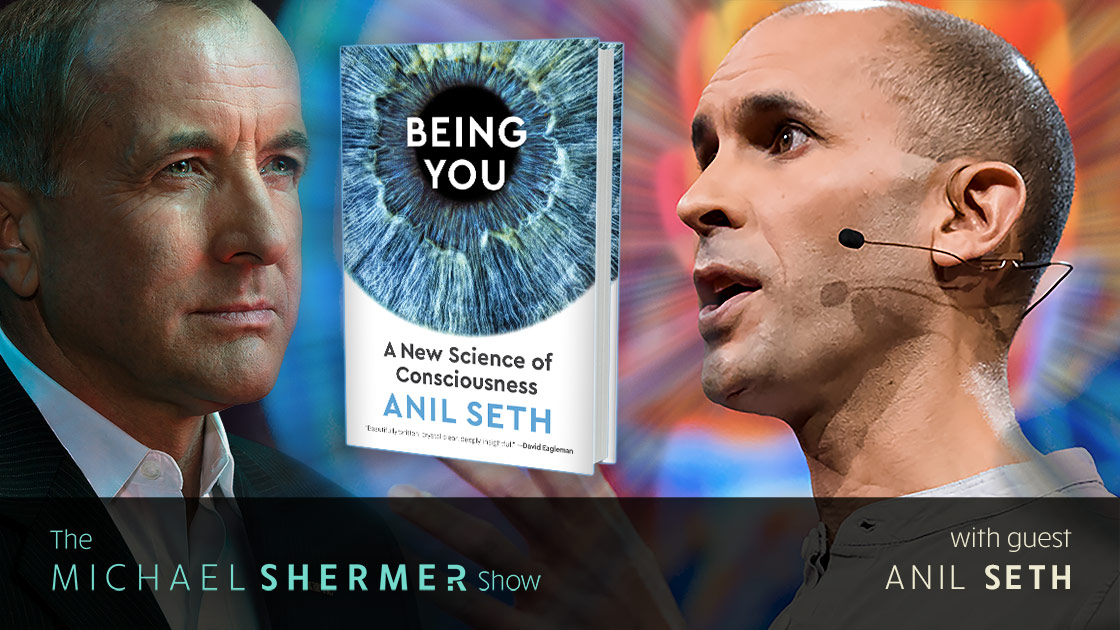
Shermer and Seth discuss: consciousness • controlled hallucinations • the self and other minds • Where does consciousness go during general anaesthesia? After death? • Are we living in a simulation that itself is inside a simulation? • Does Deep Blue know that it beat the great Gary Kasparov in chess? • Does Watson know that it beat the great Ken Jennings in Jeopardy!? • Is Data on Star Trek sentient, conscious, and with feelings? • Can AI systems be…
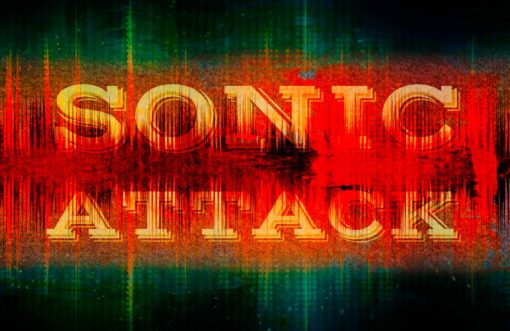
As reports of mysterious “sonic attacks” continue, Robert Bartholomew examines the flaws in a study that was published in the prestigious Journal of the American Medical Association (JAMA) by a team of neurologists who examined American Diplomats who believe they were victims of such attacks last year in Havana, Cuba.
In Science Salon # 38, Michael Shermer and Hebrew University historian and best-selling author (Sapiens, Homo Deus), Dr. Yuval Noah Harari, discuss the central ideas of his new book, 21 Lessons for the 21st Century.

Could a sonic weapon have focused a wave of energy with pinpoint accuracy on American diplomats in Cuba? In this week’s eSkeptic, Robert E. Bartholomew presents a plausible explanation for the illness cluster reported by State Department officials: mass psychogenic illness.

Could a sonic weapon have focused a wave of energy with pinpoint accuracy on American diplomats in Cuba? Robert E. Bartholomew presents a plausible explanation for the illness cluster reported by State Department officials: mass psychogenic illness.
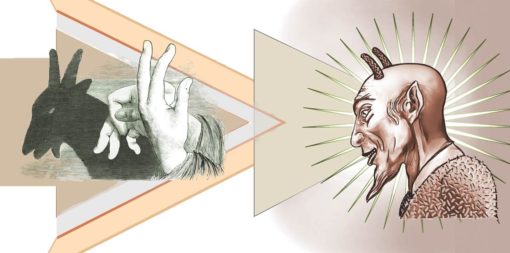
Medical sociologist Dr. Robert E. Bartholomew, examines a “baffling epidemic of hallucinations” that was reported to have broken out in Oregon in October of 2016. Was it an outbreak of mass suggestion, or simply an surge of shoddy journalism?

In this week’s eSkeptic, medical sociologist Dr. Robert E. Bartholomew, examines a “baffling epidemic of hallucinations” that was reported to have broken out in Oregon in October of 2016. Was it an outbreak of mass suggestion, or simply an surge of shoddy journalism?
This debate between Deepak Chopra and Michael Shermer came about after the widely read and referenced debate the two had last year on the virtues and value of skepticism. Deepak and Michael thought it would be stimulating to have a debate on the topic. Michael read Deepak’s book and goes first in the debate, offering his assessment of the “proofs” presented in Deepak’s book, then Deepak responds.
















